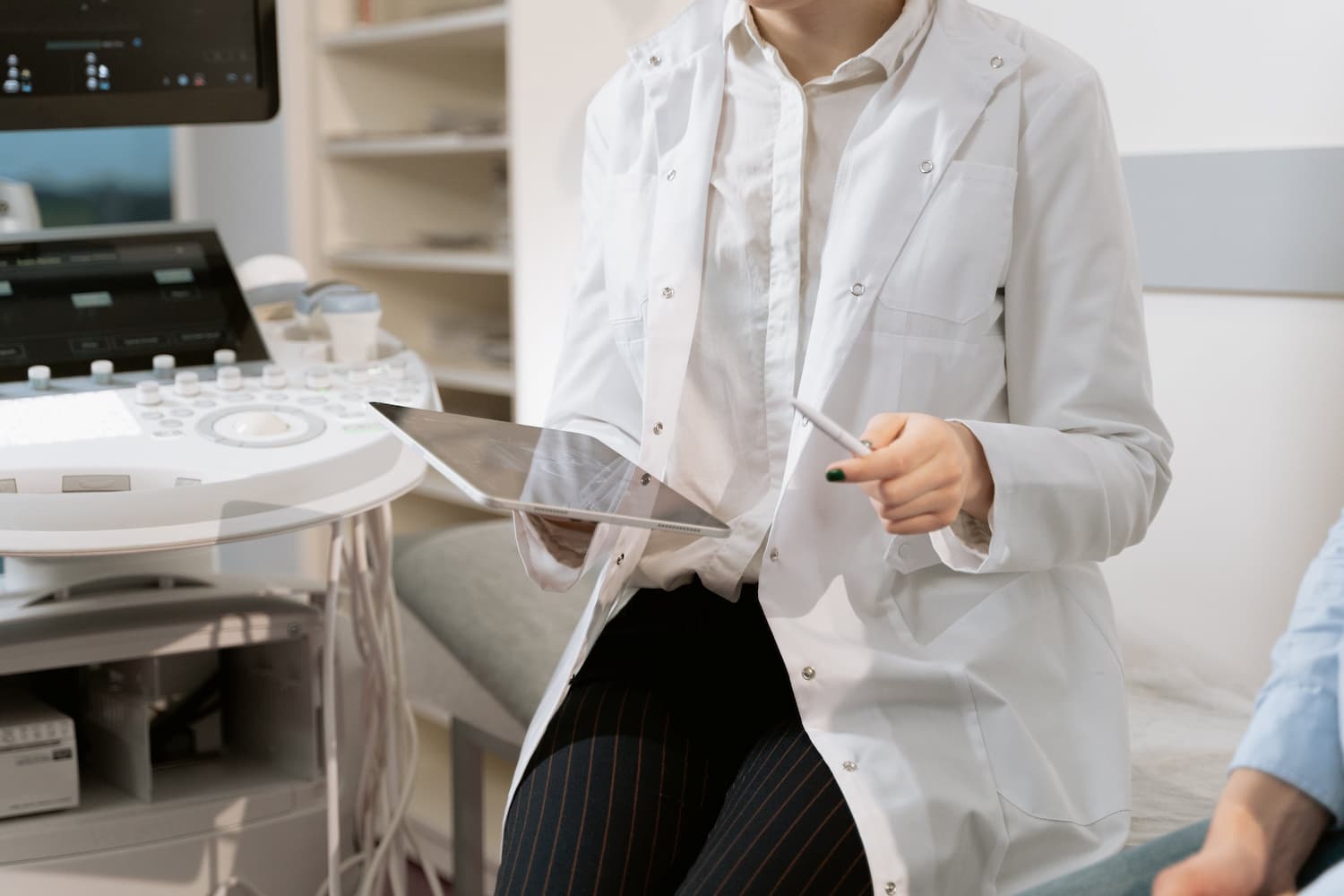
It's normal for a woman to experience abdominal pain during her menstrual period as the muscles in her uterus contract to release its lining. However, if her pelvic pain is so severe that it holds her back from her usual daily activities, she must seek the help of her doctor because it might be endometriosis.
Endometriosis is a painful condition that affects women of reproductive age. It's usually those who are in their 30s and 40s who experience it, but it's not unusual for teenagers as young as 15 to go through the same ordeal. Find out what causes this condition, its symptoms and how it can be prevented.
What is Endometriosis?
Endometriosis occurs when the endometrium, the tissue that lines your uterus, grows outside of your uterus or on other organs in your body. The endometrial tissue sheds and bleeds every month during your period. But women with endometriosis experience extreme pain because their bodies couldn't release the blood that gets trapped in the organ where the endometrial-like tissue grew.
The condition is often mistaken for other conditions like irritable bowel syndrome (IBS), urinary tract infection (UTI), pelvic inflammatory disease (PID) and polycystic ovarian syndrome (PCOS) as the abnormal growth can appear anywhere in the body, but it's more commonly found in the ovaries, cervix, fallopian tubes, bowel, bladder or vagina. If not addressed in their early stages, the growths can expand and cause a slew of problems such as inflammation, scar tissue, bladder problems and ovarian cyst.
What Causes Endometriosis?
Until a definite cure emerges from ongoing research, women with endometriosis can only hope and pray for a better future. The main cause of the condition remains undetermined to this day, but researchers point to the following reasons:
Genetics
Research shows that endometriosis may be inherited, so a woman whose mother or sister has it is more likely to develop the condition as well.
Retrograde Menstruation
In normal menstruation, menstrual blood leaves the body through the vagina. Retrograde menstruation is the case when the blood flows backwards through the fallopian tubes and straight into the pelvic cavity. The endometrial cell carried in the menstrual blood sticks to the organ it lands on and bleeds during each menstrual cycle, which causes a painful period.
Immune System Disorders
Endometriosis is also linked to a weakened immune system. When it's not working properly, the immune system may not recognise and stop the endometrial tissue from developing outside of the uterus. A woman with endometriosis is at risk of developing an autoimmune disease like rheumatoid arthritis, asthma, lupus and eczema among others.
Surgery
An abdominal surgery is also believed to cause abnormal endometrial growth. During a C-section or hysterectomy, the endometrial tissue may inadvertently stick to the incision.
Getting your first period at a later age is also a risk factor for endometriosis, and so is a shorter menstrual cycle and low body weight.
What Are the Symptoms of Endometriosis?
The most common symptom of endometriosis is an excruciating pain in the pelvic region. Some women experience severe pain that goes on even after their period. Besides pelvic pain, many also experience the following:
 Heavy period
Heavy period- Menstrual cramps
- Pain during sexual intercourse
- Painful bowel movement or urination
- Excessive menstrual bleeding
- Fertility issue
- Irregular bleeding
- Diarrhoea or constipation
- Nausea
- Fatigue
How Can Endometriosis be Prevented?
While there's no cure for endometriosis yet, you can lower your chances of developing it by maintaining a healthy lifestyle, undergoing regular physical examination and maintaining low levels of estrogen. This hormone is responsible for thickening the lining in the uterus during your menstrual cycle. By lowering its levels, you slow down the growth of endometrial-like tissue in organs outside of the uterus.
There are several ways to maintain low estrogen levels which include:
- Exercise at least 30 minutes a day or at least five times a week
- Avoid alcoholic beverages
- Avoid caffeinated drinks, especially soda and drink tea
- Consult your doctor for the potential use of hormone therapy
How is Endometriosis Diagnosed?

If you suspect that there's more to your pelvic pain than the contraction of your uterine muscles, it's best to see your gynaecologist or another health practitioner who specialises in women's health. In the diagnosis of endometriosis, your doctor will go over your medical history to rule out other conditions that may be triggering the same symptoms. You may need to undergo some of the following diagnostic procedures in a clinical examination:
Pelvic examination
Your doctor will check the size and shape of your uterus and ovaries during a pelvic exam, while taking note of the potential presence of endometriotic cyst or scar tissue behind your uterus.
Ultrasound
There are two ways to get an image of the reproductive organs in your pelvic region. Your doctor may run a scanner across your abdomen or insert a wand-like device into your vagina.
Laparoscopy
Laparoscopic surgery involves the use of a small telescope-like medical instrument to check the pelvic region for the presence of endometrial cells. If identifying the tissue cannot be done with the instrument alone, your doctor may collect a pelvic tissue sample and study it under a microscope.
Colonoscopy
This procedure is used to examine the bowel if there is a big probability that the abnormal tissue growths began in your bowel.
Are There Viable Treatments for Endometriosis?
If you have been diagnosed with endometriosis, your doctor will recommend different treatment options based on the severity of your condition. They may prescribe over-the-counter pain medication for mild symptoms. Hormonal treatment, pharmacological treatment or an oral contraceptive pill can manage heavy bleeding and pain.
Fertility treatment can help women with endometriosis who are trying to conceive as it controls hormones responsible for regulating the menstrual cycle, hence hindering the development of endometriosis.
Surgery is the last resort of most doctors. They don't usually suggest it unless you're no longer responding to hormone treatment or pain medication, or you're suffering from severe endometriosis.
Some individuals with endometriosis have combined hormone therapy, or other conventional treatments, with some form of complementary therapy and experienced great relief. If you're considering using a complementary treatment as an adjunct to your treatment plan, you may discuss the following modalities with your health practitioner:
- Herbal medicine
- Massage therapy
- Traditional Chinese Medicine (TCM)
- Chiropractic
- Nutritional supplements
Endometriosis should never be taken lightly because mistaking it for normal period pain can actually lead to serious medical conditions. Don't wait to reach the later stage of endometriosis. A natural health practitioner who specialises in the condition is willing to help you. Get in touch with one today through the Natural Therapy Pages.
|
Do you have a natural health & wellness business? |









